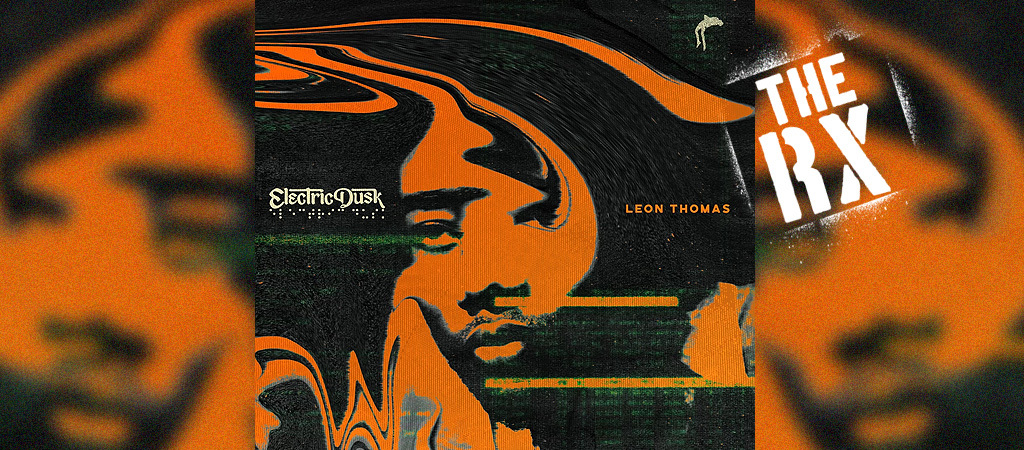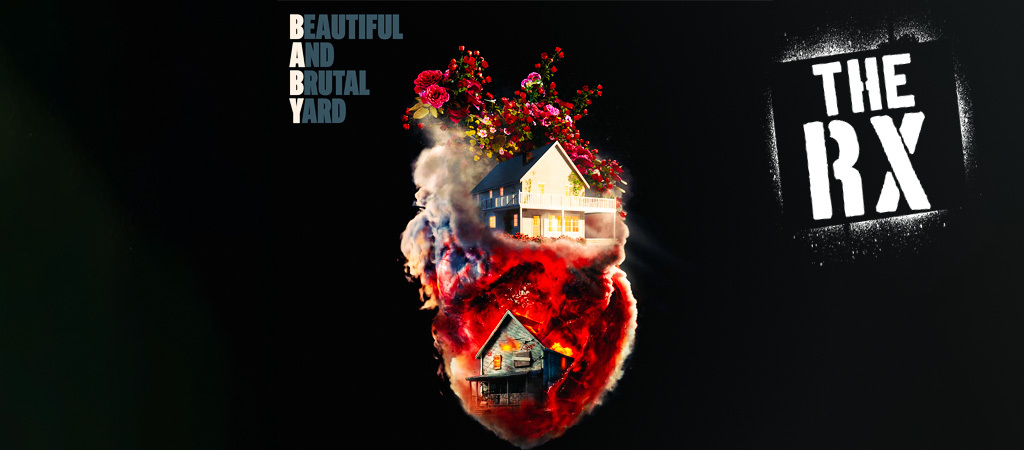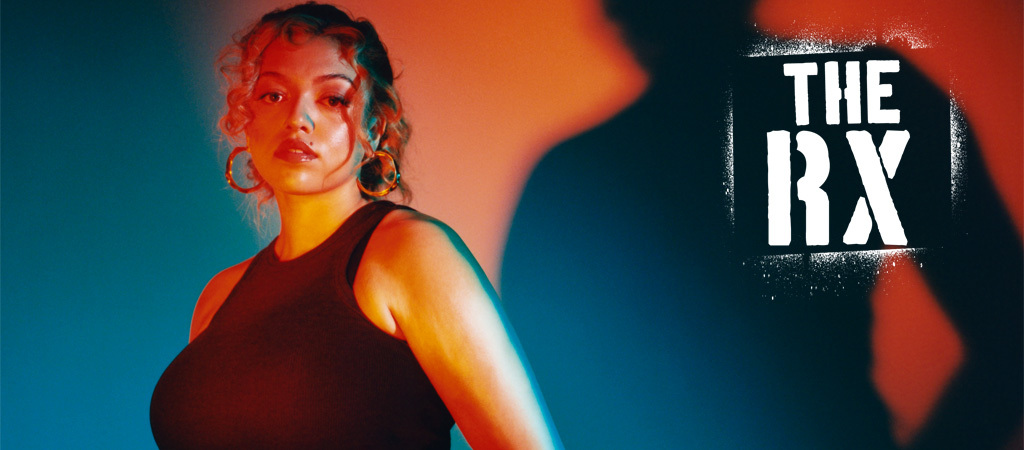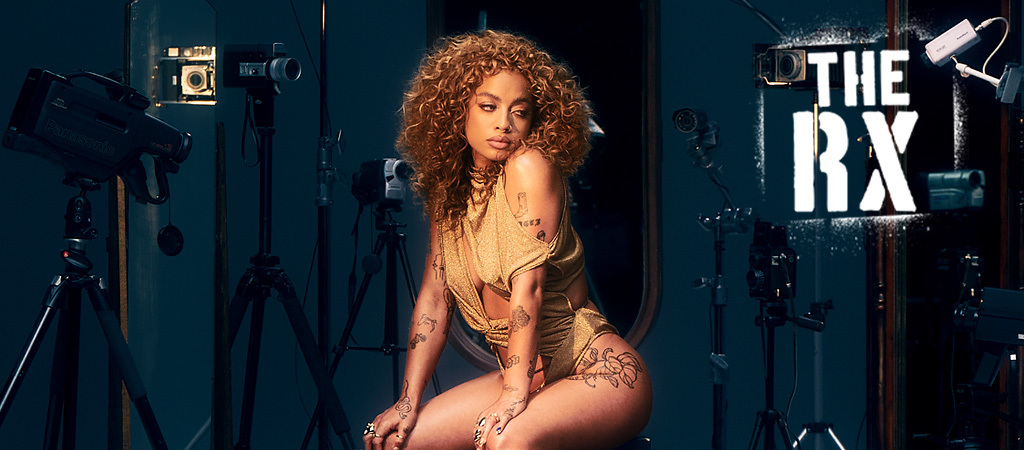
The RX is Uproxx Music’s stamp of approval for the best albums, songs, and music stories throughout the year. Inclusion in this category is the highest distinction we can bestow and signals the most important music being released throughout the year. The RX is the music you need, right now.
I guess this is the new normal. Migos, as a group, is definitely gone. The trio’s surviving members, Quavo and Offset, may have resolved whatever bad blood caused the split in the first place (or at least resolved to move forward in the wake of tragedy), but with Takeoff no longer available to offer the third dimension to their music, even a reunion between them just wouldn’t be the same. A few years ago, this might have spelled disaster for both Quavo and Offset as solo artists. This may be harsh, but Quavo’s 2018 solo debut Quavo Huncho just didn’t display the sort of depth to suggest that his artistic output would continue to match his personal charisma for very long.
But Quavo’s latest solo project, Rocket Power, showcases a tremendous amount of growth. Here, he sounds hungry and engaged again, and he has just enough to talk about outside his typical range of wealth and gang talk to carry the majority of the album’s 17 songs. Unfortunately, that “just enough” includes the recent violent death of his close friend, nephew, and bandmate, Takeoff. It feels vaguely icky to attribute his artistic evolution to personal trauma — something the journalism industry does way too much of to begin with, if you ask me — and yet, there are now undeniably added facets and shades to Quavo’s music that weren’t there before.
Of course, in the five years since Huncho, Quavo, like all of us, had a lot of time to sit around, and it could be that he just spent that time sharpening his craft. He also got into a high-profile relationship with a fellow rapper, Saweetie, as well as an equally public breakup. He has, in short, lived a bit, and I think that has always been the primary component of constructing a long-lasting and compelling catalog of albums. The other half of that is, of course, technique. Quavo always came in third among the Migos’ brotherhood in that respect, with Takeoff coming off more practiced, and Offset sounding more wise. The songs on Quavo’s debut just wound up sounding hollow by comparison, and it didn’t help that the album was weighed down by so many guest stars.
On Rocket Power, Quavo pares back the call list, restricting the invites to Atlanta natives. Future makes two appearances, as does the late Takeoff (on one song, together), while the incarcerated Young Thug reminds us why he has such a passionate following on “Focused.” Two younger artists, BabyDrill and the fortuitously named Hunxho, show up on “Stain,” reflecting Quavo’s willingness to pick up the torch once passed to him by Gucci Mane and mentor the next generation of his hometown’s rap talent. Otherwise, Quavo is the sole voice on Rocket Power, which puts greater pressure on him to actually hold the listener’s attention for almost the full 50 minutes. Miraculously, that’s what he does for much of the runtime, although the album is still somehow a hair too long, even clocking in at under an hour.
Quavo manages this feat by employing a new tool in his increasingly diverse kit: vulnerability. He’s always been a bit vague as a storyteller, more prone to setting up pristine tableaus from a rags-to-riches story, but on songs like “Mama Told Me,” he finally provides the connective tissue to fill in the blanks. On “Greatness,” he directly addresses the fate of his band and admits “I don’t got all the answers.” “Hold Me,” while unfolding an otherwise rote “gangsta’s pain” style meditation, lines like “lost my nephew to gunplay and smoke sh*t” lend the song an air of authenticity. It sucks that we can’t necessarily buy such expressions without seeing the physical and psychic damage for ourselves, but that’s what happens when they usually only warrant one or two songs and a couple of throwaway lines amid a non-stop ball-off.
The celebration songs, like “Turn Yo Clic Up” with Future and “Who Wit Me,” have the benefit of Quavo’s gift for writing quirky, inescapable hooks, but the songs worth returning to are the more reflective ones like “Rocket Power.” That certainly says something about when Quavo — or really, any rapper — is at his best. Flexing is fine, but the element that makes us fall in love with these artists, that makes them so intrinsic to the fabric of our everyday lives despite the differences in circumstances with the artists themselves, is their ability to tell us who they are. With Rocket Power, Quavo finally offers a glimpse of the man behind the ad-libs, and gives us more reason to follow along as he keeps Takeoff’s memory alive.
Rocket Power is out now via Quality Control Music / Motown Records.









 , Janelle Monáe’s The Age Of Pleasure maintains the musician’s crusade of using her work to allow any and all “dirty computers” to remember that there is indeed a place for them in the world, and on the dancefloor.
, Janelle Monáe’s The Age Of Pleasure maintains the musician’s crusade of using her work to allow any and all “dirty computers” to remember that there is indeed a place for them in the world, and on the dancefloor. 